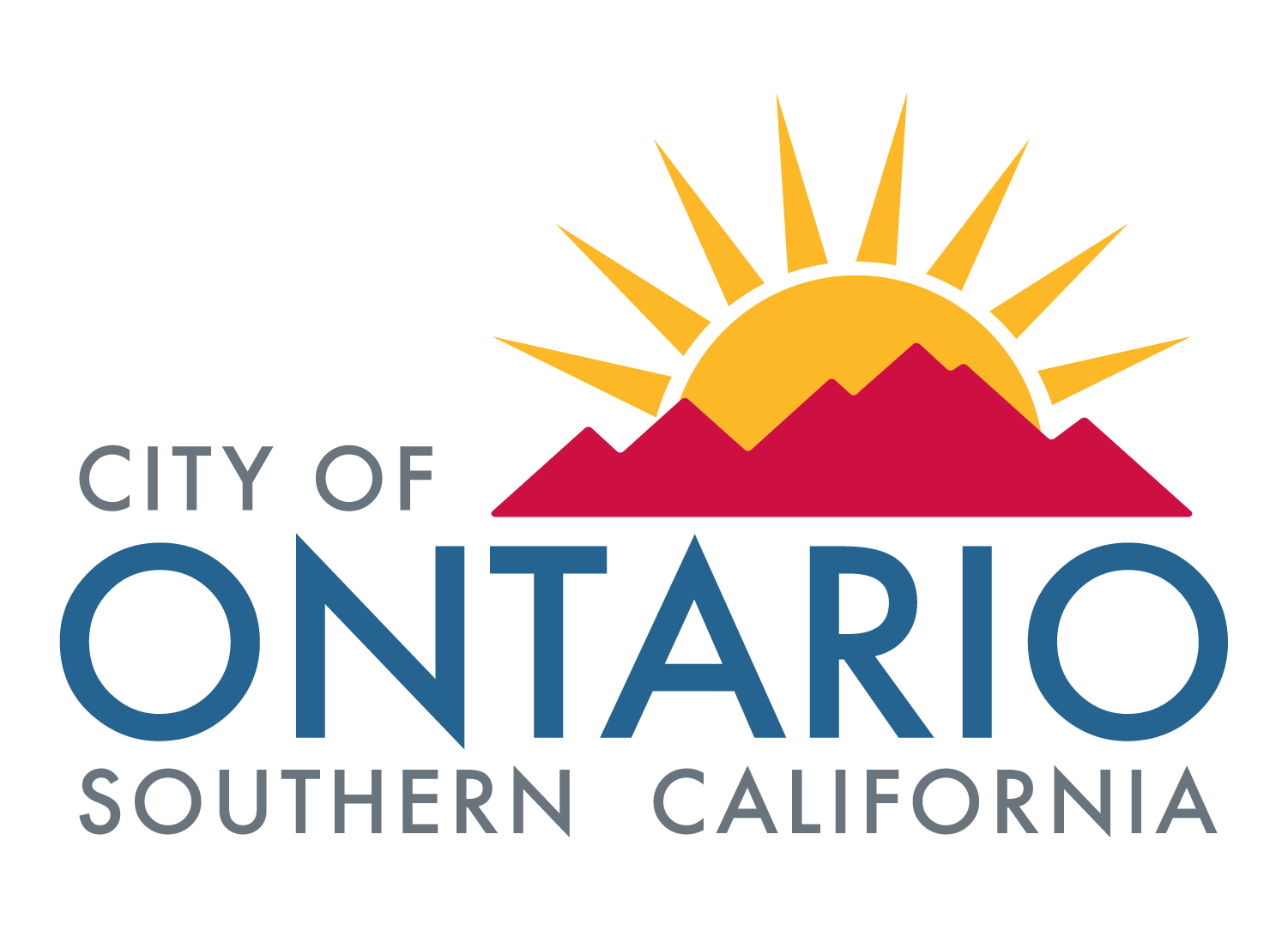What to do in the Event of a Sewer Spill
Please report it Immediately!
Call Ontario Municipal Utilities at (909) 395-2678 Monday - Thursday 7:30 am - 5:30 pm and Friday 7:30 am - 4:30 pm, or if after hours call the Police Department at 911.
Question
How do fat, oil and grease get down the drain?
Answer
Fat, oil and grease are natural by-products of cooking and food preparation. Common sources include meat fats, dairy products, food scraps, cooking oils, baked goods, sauces, dressings, sandwich spreads, gravies, marinades, dairy products, shortening, lard, butter and margarine. Fats, oil and grease are produced by restaurants, cafeterias, delis, bakeries, daycares, assisted living facilities, social halls and homeowners - basically, anyone who deals with cooking and food preparation.
Question
How do I dispose of used cooking oil?
Answer
For residents, the Household Hazardous Waste Facility located at 1430 S. Cucamonga accepts used cooking oil. Restaurants must contact a rendering company to provide a bin or barrel for regular pick up. If you would like a list of local companies, call Ontario Municipal Utilities at (909) 395-2678.
Question
Should I use detergents, enzymes, or other chemicals to wash grease down the drain?
Answer
Detergents, enzymes, and other chemicals that claim to dissolve grease may break up the grease for a period of time, but eventually (when the waste has traveled a little further down the pipe) the grease solidifies again. In addition, by adding chemicals to the wastewater you increase the cost of treating (“cleaning up”) that water at the waste treatment plant to make it fit for use as recycled water. The best way to prevent grease from clogging pipes is to avoid putting it down the drain to begin with! Rather than adding chemicals, try dry wiping or scraping waste from dishes, pots and pans into the trash, and use absorbent to clean up minor oil spills.
Question
Why shouldn’t I put fat, oil and grease down the drain?
Answer
Fat, oil and grease stick to the inside of pipes, and eventually may block the pipe entirely. Blockages in sewer pipes result in sewer overflows, where raw sewage flows out of the sewer and onto streets or private property. To reduce the likelihood of sewer overflows, City crews clean sewer pipes on a regular basis. By not putting fat, oil and grease down the drain, you help control maintenance costs and reduce the likelihood of sewer overflows.
Question
How do I drain my swimming pool?
Answer
Pool water that has been dechlorinated may be discharged to the sewer or to the storm drain. To dechlorinate pool water, let water stand for at least 5 days then use a pool test kit to confirm there is no remaining chlorine residual and that the pH level is between 6.5 and 8.5. Remove any solids or floating debris before discharging.

